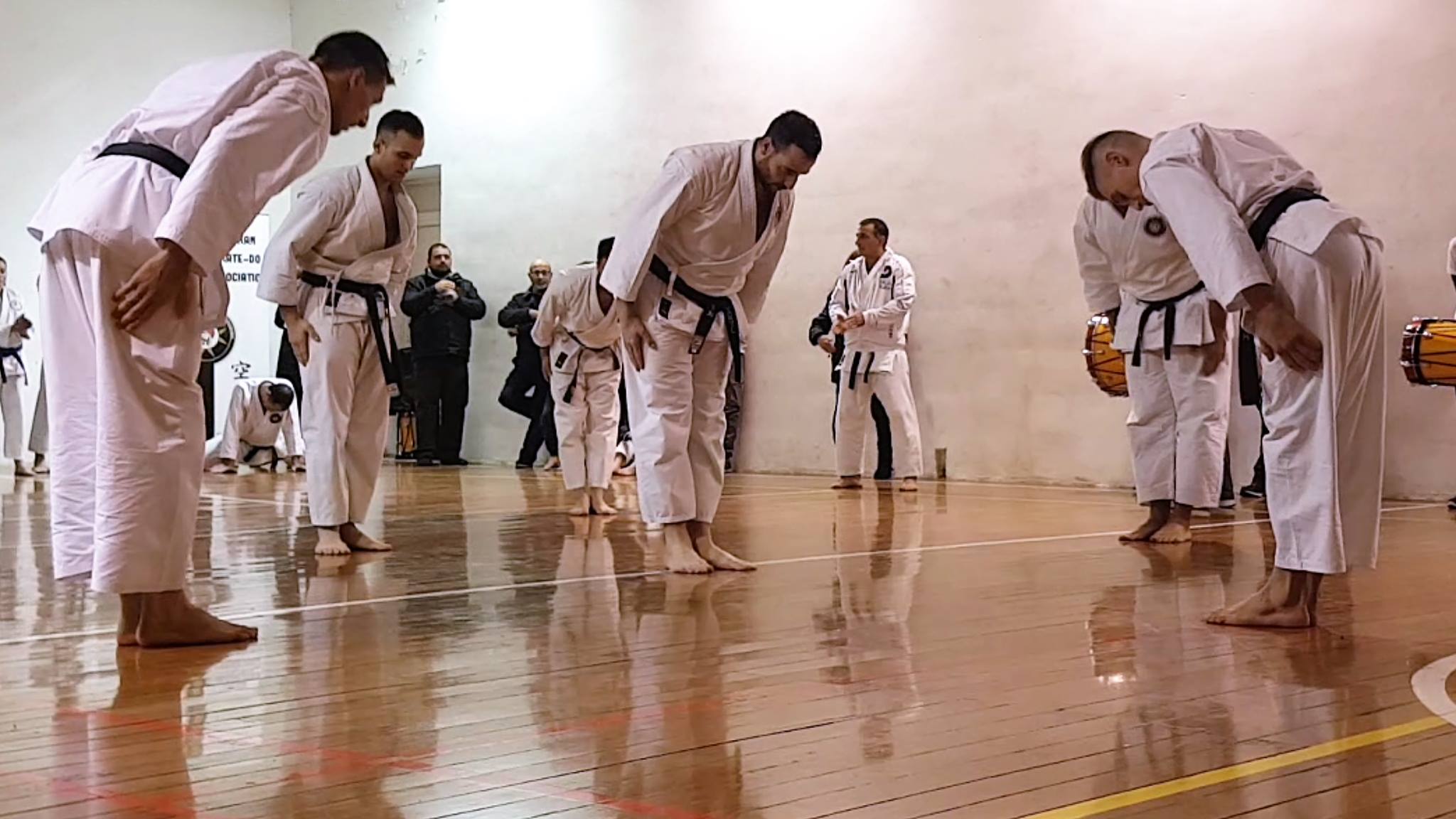Research from the Journal of Pediatrics, University of Madrid, TIME and others suggests that martial arts can help improve your child’s grades.
Exercise can improve students’ academic performance.
Exercise such as martial arts positively impacts children and adolescents’ academic performance, according to the Journal of Pediatrics. The University of Madrid conducted a three-year study, which included 2,038 individuals aged 6 to 18. As physical fitness improves individuals’ health, it also positively affects the brain. This study indicated exercise can enhance students’ ability to perform well in school.
Physical exercise improves academic performance.
Researchers found that motor ability, cardiorespiratory capacity and muscular strength all play a role in benefiting students’ academic performance. In fact, the motor ability is strongly associated with academic development. Irene Esteban-Cornejo, MSc, Autonomous University of Madrid stated high levels of cardiorespiratory and motor fitness had the ability to decrease the risk of school failure.
TIME magazine indicated intellectual programs coupled with physical exercise can play a major role in impacting students’ success in school. In addition, TIME also pulled from other studies that show effective heart and lung function leads to better blood flow in the brain. Therefore, this can enhance cognitive abilities.
Martial arts can help students achieve better grades.
Given this study, it’s crucial for young individuals to engage in physical fitness. There are various ways to motivate students to exercise. KidsHealth, a children development advice site, suggested parents, teachers, coaches and mentors highlight how exercise can be a fun activity. Kids have to enjoy exercising to stay committed. In addition, it’s best for students to participate in a sport that is aligned with their age and interests. If this is not prioritized, a child or adolescent may be bored and quit.
However, when students enjoy the activity, they are more likely to stick with it. KidsHealth stated when children and adolescent practice a skill, they feel accomplished. This is especially true when their efforts are recognized.
Martial arts include both aerobic exercise and motor tasks, which is an ideal exercise for children and adolescents. As children participate in martial arts classes, they have a better chance of reaching their academic potential.
From: How Martial Arts Can Improve Academic Performance August 14, 2014 in Value of Martial Arts;
Taking part in competitive team games in the run-up to GCSE and A-level exams will have no negative effects on a teenager’s grades.
Taking part in competitive team games in the run-up to GCSE and A-level exams will have no negative effects on a teenager’s grades, according to research commissioned by The Headmasters’ & Headmistresses’ Conference (HMC). The Telegraph reports.
The study analysed the GCSE results of 1,482 male and female students from 19 independent schools, and examined the effect that participation in sports such as badminton, cricket, hockey, netball, rugby and tennis had on their results.
Professor Peter Clough, head the Psychology department at Huddersfield University who carried out the research, found that contrary to what some parents believe, “sport involvement does not appear to have any negative implications” on results.
He told The Daily Telegraph: “Overall, taking part in sport appears to have a lot of positive impact. There is no evidence that people involved in sport get any worse GCSE results.
“But they are happier, psychologically healthier, less anxious and more resilient and robust. Taking part in sport on a regular basis is not doing them any harm and it is doing them good.”
“Balance is important, and sport plays a vital role in preparing them for the pressures of the exam room. It can even help some young people thrive when in stressful situations.”
The study also examined whether participation in other extra-curricular activities, such as music and drama, had any effect on exam results.
It found that these activities had neither a positive nor a negative direct effect on academic performance. But they did not have the same advantages as sport in terms of improving wellbeing and mental toughness.

